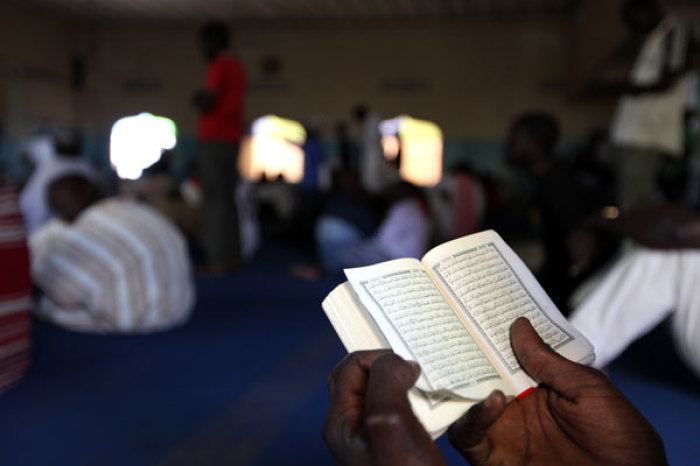Oldest Quran Predates Muhammad's Founding of Islam, British Scholars Claim

British scholars from the University of Oxford have said that fragments from the oldest discovered Quran appear to predate the founding of Islam by the Muslim prophet Muhammad, which could put into dispute some of the most central tenets of the religion.
"This gives more ground to what have been peripheral views of the Quran's genesis, like that Muhammad and his early followers used a text that was already in existence and shaped it to fit their own political and theological agenda, rather than Muhammad receiving a revelation from heaven," Keith Small of Oxford's Bodleian Library told the Times of London.
Some of the world's oldest fragments of the Quran were discovered back in July at the University of Birmingham, with radiocarbon dating projecting the manuscript to be at least 1,370 years old.
Oxford University is saying that the tests show that the fragments were created somewhere between 568 A.D. and 645 A.D., while Muhammad is believed to have founded Islam sometime after 610 A.D. The first formal text of the Islamic holy book was assembled in 653 A.D., though earlier pieces were circulated through oral tradition or written down in stones, leaves, parchment and bones.
The suggestion that the ancient fragments predate Islam has been disputed by Muslim scholars, however.
"If anything, the manuscript has consolidated traditional accounts of the Quran's origins," said Mustafa Shah of the University of London's School of Oriental and African Studies.
Small noted that the carbon dating established the age of the parchment in the fragments, rather than the actual link.
"If the dates apply to the parchment and the ink, and the dates across the entire range apply, then the Quran — or at least portions of it — predates Muhammad, and moves back the years that an Arabic literary culture is in place well into the 500s," the scholar said.
Birmingham University's director of special collections, Susan Worrall, said that researchers could not have expected the discovery "in our widest dreams."
"Finding out we had one of the oldest fragments of the Quran in the whole world has been fantastically exciting," Worrall said, according to BBC News.
David Thomas, the university's professor of Christianity and Islam, said that another possibility is that whoever wrote the fragments could have known Muhammad when he was alive.
"The person who actually wrote it could well have known Muhammad. He would have seen him probably, he would maybe have heard him preach. He may have known him personally — and that really is quite a thought to conjure with," Thomas offered.
The fragments are part of the Mingana Collection of more than 3,000 Middle Eastern documents gathered in the 1920s by a Chaldean priest from Iraq.





























